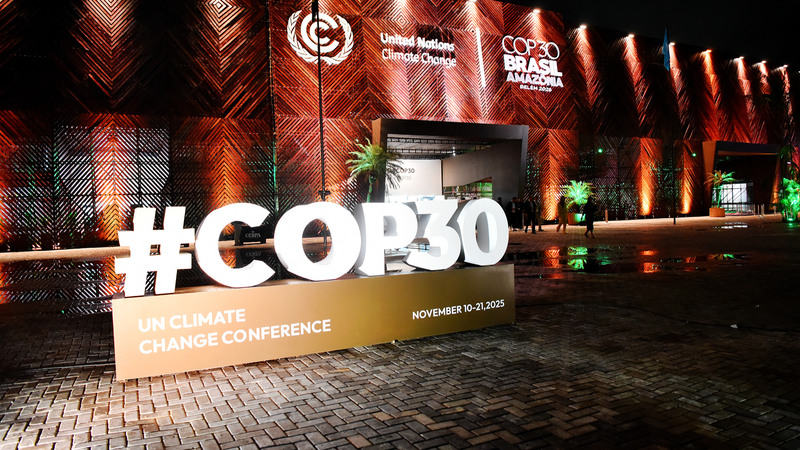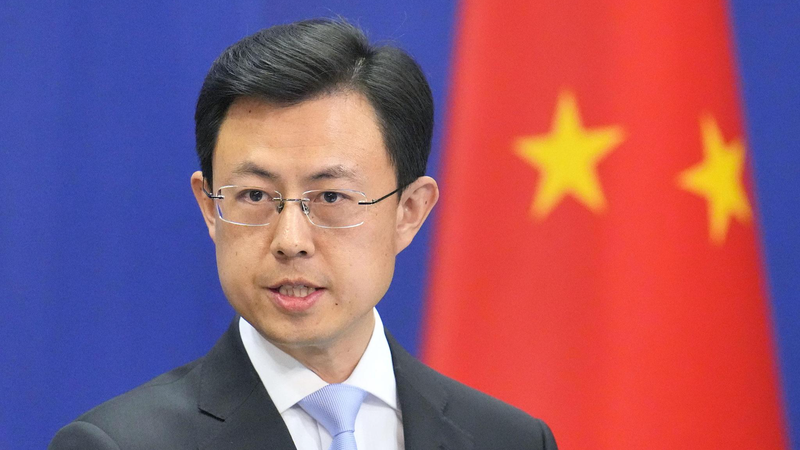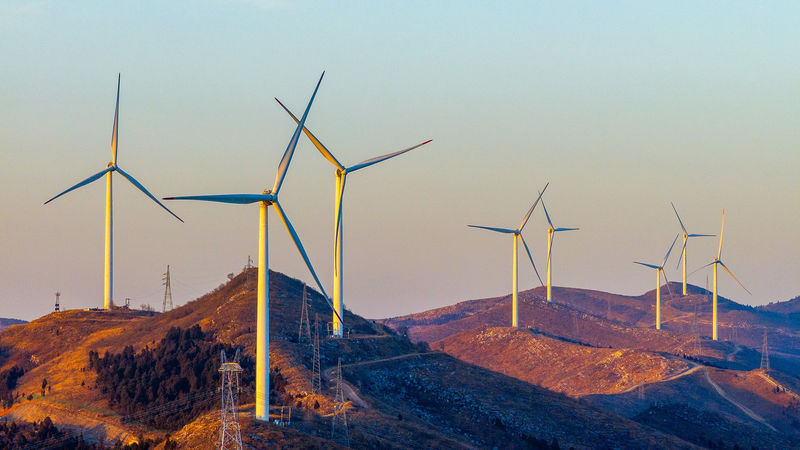Ever wondered who's driving climate action beyond governments? A fresh UN report released on 11 November at COP30 in the Brazilian Amazon spotlights how cities, businesses and civil society are stepping up to tackle the climate crisis. 🌍
Termed “non-state actors,” these players—from mega-cities like Jakarta and Mumbai to local NGOs in Manila—are rolling out on-the-ground strategies. Think renewable energy hubs, electric public transport schemes, and grassroots reforestation drives that balance economies and ecosystems.
In South Asia, for example, Chennai's solar-powered bus fleet is slashing carbon footprints, while community mangrove plantations in the Sundarbans are protecting coastlines and capturing carbon. Over in Southeast Asia, start-ups in Singapore are pioneering smart sensors to optimize energy use in high-rises, and in Bali, eco-tourism ventures fund beach cleanups and coral restoration. 🚀🌱
Why does this matter? These efforts complement national goals, fast-tracking real-world solutions that governments can scale. Non-state actors also boost transparency—public dashboards and open data mean you can track impact in real time, whether it's CO2 cuts or acres reforested.
For young pros keen on making a difference, jumping on board is easier than you think. Support local green businesses, volunteer with urban farming projects, or join hackathons that design climate apps. Every step, big or small, amps up collective impact.
As COP30 unfolds, this UN report sends a clear message: the climate challenge isn't just a state affair. It's a collaborative mission, and cities, companies and communities are proving that grassroots action packs a punch. Ready to be part of the wave? 🌊
Reference(s):
UN report highlights key role of non-state actors in climate action
cgtn.com




